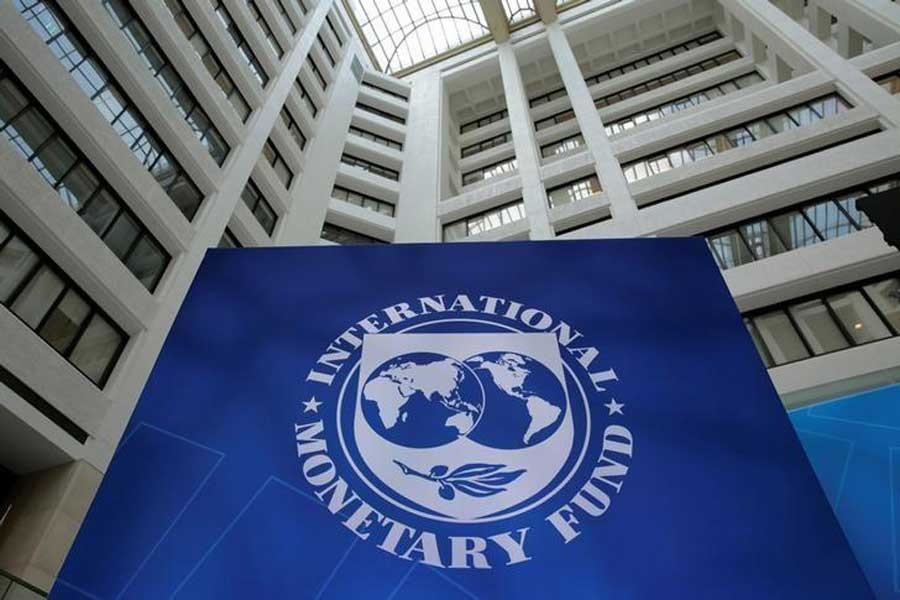The International Monetary Fund (IMF) has found the performance of the Bangladesh's banking sector 'not satisfactory'.
"Banks' performance in Bangladesh despite strong economic growth has not been satisfactory," said Anne-Marie Gulde, deputy director of Asia and Pacific Department of the IMF.
The IMF senior official was responding to a Financial Express (FE) question on the state of non-performing loans (NPLs) of Bangladeshi banks at a press conference held at the IMF headquarters in Washington on Friday. At the press meet, the Fund presented the economic outlook for Asia/Pacific and recommended policies.
The Fund has seen an increase in NPLs in both public and private sectors banks of Bangladesh, she said.
The global monetary watchdog's latest views came against the backdrop of a rising trend in classified loans in the country's banking sector.
"We need to address the banking sector issue very urgently," the IMF official said, adding the authorities have already taken efforts to improve monitoring of the banking system.
The IMF had earlier put emphasis on addressing the issue of classified loans immediately for ensuring financial stability.
Meanwhile, the economies of Asia have remained resilient, and policymakers in some countries have responded with more accommodative policies, according to Changyong Rhee, director of Asia and Pacific Department of the IMF.
Within the region, which by-and-large still has policy space, several countries have announced new stimulus measures since last October, he added.
"Lower commodity prices, a pause in interest rate normalisation in major advance economics, the US/China trade truce and prospects for a possible trade agreement, even if still uncertain, are also supportive," the IMF director noted.
Considering these factors, the Fund projected Asia to grow by 5.4 per cent both in 2019 and 2020, largely unchanged from its projection from last October, though there are increased downside risks.
Meanwhile, inflation across Asia is projected to remain subdued at around 2.5 per cent in 2019 and 2.8 per cent in 2020, reflecting lower commodity prices, and will remain below target in several economies.
Asia also needs to focus on policies to sustain its growth momentum over the medium term in the face of declining productivity growth and the rapid aging, the IMF said.
Labour and product market reforms, as well as for the market opening, should continue with a view to boosting employment, firm dynamism and innovation, it added.
"Alongside, efforts to open up the region's economies further to trade and by building resilient and diversified trade links, including within the region, could mitigate the risks from rising global protectionism and help boost Asia's resilience," the Fund said.


